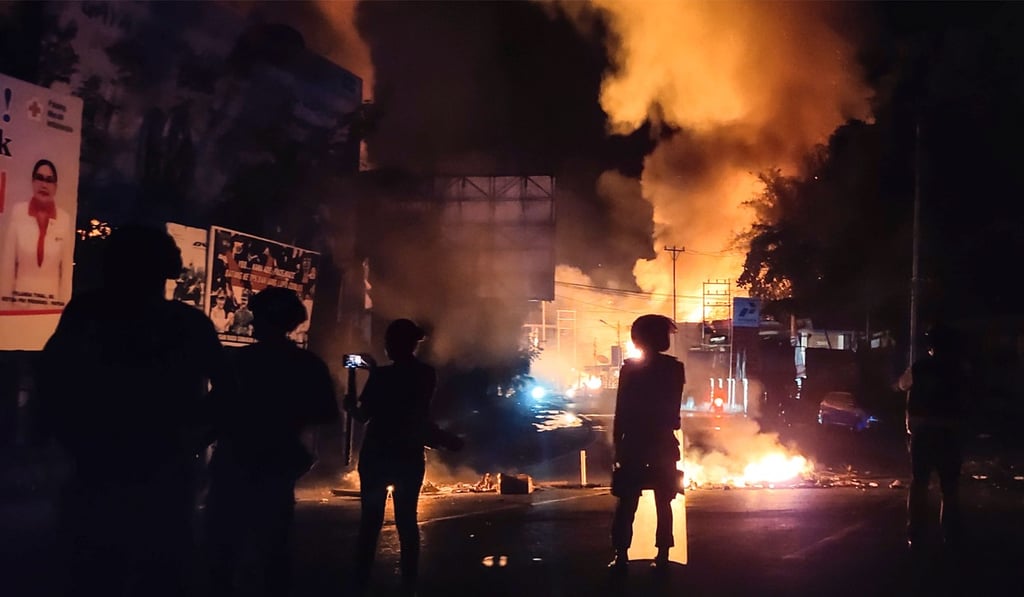Asian Angle | Four steps for Jokowi to save Indonesian democracy
- President Joko Widodo has much to reflect on as he is sworn in for his second term today
- After weeks of unrest in Papua, student protests, forest fires and a knife attack on a minister, here is how he could turn the tide

Not an auspicious start for someone who won a convincing victory at the polls in April.

To be fair, these problems are not all of the president’s making. Nor was it easy for his government to act decisively, given the period of limbo leading up to the appointment of the new cabinet on Sunday, when Widodo will be sworn in for his second term. But the social, political and security challenges they pose will hang over the coming five years, generating uncertainty and fear about political stability and the state of Indonesia’s democracy. Many Indonesians who supported Widodo because they felt he would safeguard open, fair and accountable government are now wondering whether the country’s democracy is secure in his hands.
One reason for the setback stems from the success of Indonesia’s democratic transition since 1998. Competitive politics has become well-established; regular elections are held at all levels of representation. But the evolving political culture is divisive and subject to selfish manipulation. Politicians have exploited race and religion to fish for votes, generating a polarised political map and empowering religious zealots.